The outbreak of COVID-19 disrupted industry operations and affected the performance of contracts in all sectors. In the education sector, COVID-19 resulted in schools transitioning to online and distance learning, with some campuses forced to close as a result of a positive case or government restrictions.
COVID-19 has impacted how students are learning and what opportunities are available to take part in normal school activities.
This has led some parents to question whether their child is still receiving the full benefit expected from enrolment at the school and whether they are entitled to a refund. Here are our tips for navigating your enrolment contract and avoiding refund obligations in the COVID-19 era.
1. Review the terms of your enrolment contract
The enrolment agreement is a legally binding contract between the school and the parents of a student. It sets out the contract’s express terms. In considering the implications of the outbreak of COVID-19 on the enrolment contract, the first step is to consider those express terms. What is it you have actually agreed to do? Can the school still fulfil its obligations using other means?
For example, while the enrolment contract probably refers to curricular and non-curricular activities, it probably does not state that teaching must be provided in person, in a classroom setting, or even at the school campus. Indeed, many enrolment contracts contemplate that learning will also take place outside the classroom. It’s not called outdoor education for nothing!
While rarely an express obligation, it can normally be implied that the school is to provide tuition to students in exchange for the fees paid by parents. Therefore, it is imperative that the school continues to do its best to provide alternative ways of learning. To do otherwise may be a breach of contract. This could entitle parents to terminate the contract due to non-performance.
2. Consider obligations under the Australian Consumer Law
Another thing to remember is that the Australian Consumer Law (ACL) applies to the enrolment contract. Therefore, you should be mindful of the remedies available to parents if the school breaches one of the consumer guarantees.
Parents may argue that the transition to online learning is a material change in the service provided and entitle them to a refund under the ACL. However, where learning has still been provided and campuses have remained open to students for the most part (regardless of whether the student has attended in person or not), it is unlikely that parents would have a remedy under the ACL.
Where a school has closed a campus due to government restrictions, this affects the available remedies under the ACL. However, the parents may still have remedies under the contract.
3. Termination under the enrolment contract
If the school closes, parents may have a right to terminate on the basis that the school has breached an essential term of the contract by failing to provide classes and other normal school activities to their children.
If the school must physically close a campus, you should be careful with your communications to parents and continue to provide schooling online and in other ways. You should avoid any suggestion that the school is actually ‘closed’ as the implication may be that the school is repudiating its enrolment contracts. Doing so could give parents greater entitlement to remedies than would otherwise be the case.
If the school is not able to provide learning to students for an extended period, it is arguable that the enrolment contract has been ‘frustrated’. Essentially, a contract is frustrated because it is now impossible to perform, or performance would be radically different than was originally intended by the parties. Most enrolment contracts allow parents to terminate with sufficient notice. You cannot prevent parents from terminating in accordance with the contract. Where parents have to pay a fee to terminate the enrolment contract, you should consider whether that fee is reasonable. Sometimes, if a fee is exorbitant, it may be a penalty and therefore unenforceable.
4. Partial refunds or discounts
Parents may seek partial refunds due to the changes at the school or because of their own reduced circumstances. Where the school has remained open and provided learning by alternative means, parents are not entitled to a refund. Discontented parents should be dealt with on an individual basis and, if necessary, an individual outcome negotiated. Enrolment contracts can be varied by agreement. However, you should be wary of agreeing to formalise any payment plans or waiving obligations to pay fees.
Finally, if the school feels that it should compensate parents in some way for the inconvenience caused by the temporary closing of the school campus, you may consider alternatives to refunding tuition fees or to waiving an obligation to pay them. For example, you might instead offer parents a credit off tuition fees calculated, in the school’s discretion, on the length of time that the campus is closed.
5. The future
It is still a good time to review your enrolment contract. There are lessons to be learned from COVID-19 and improvements to be made. You don’t want your great marketing efforts undone by a poorly considered enrolment contract.
David Ford, Partner and Stephanie McLuckie, Lawyer of Carroll & O’Dea Lawyers, assist schools throughout Australia with all their legal needs, including marketing, enrolments, fundraising, constitutions, governance, child protection, employment and workplace investigations. For free papers, go to codea.com.au







